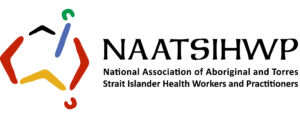Occasions of Care Explained and ANalysed (OCEAN)
The Occasions of Care Explained and ANalysed (OCEAN) tool is an online platform for clinical activity data collection, designed for use in primary health care.
The OCEAN tool
OCEAN...
- Uses an online digital platform, so can be used by any health professional who has access to the internet.
- Builds on the strengths of the BEACH data collection structure, with explicit links between medication or treatment provided and problem under management. This allows the research team to draw clear conclusions about treatments provided for specific problems, without the need for inferential or probability matching.
- Operates independently of digital health records. Any clinician can participate in studies run through the OCEAN tool, regardless of the type of digital health record they use.
- Uses active data collection methods. This reduces the amount of missing data when compared to passive data extraction.
- Is flexible—bespoke questions on topics of interest not currently captured in digital health records can easily be added to the tool.
- Is based on a data model that can be modified for use by different health disciplines. Core data elements can be captured consistently across different health disciplines allowing reliable comparison of data across the health system, while also customising the tool to capture discipline-specific data.
-

Unlimited entries
Clinicians can enter any number of problems managed or treatments provided -

Conditional questions
Questions can be dynamic, only appearing if certain conditions are met. This allows for detailed data to be collected about uncommon issues while reducing the time taken for a clinician to complete the form. -

Real-time data
Some data elements can be pre-filled and data is entered in real-time.



